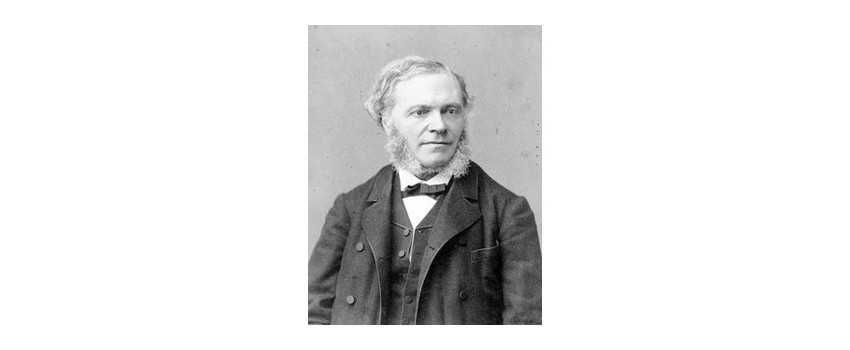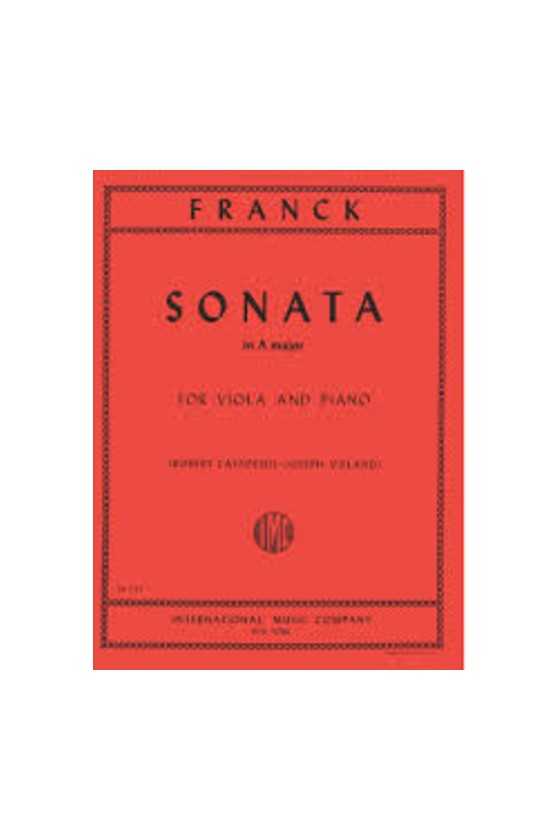Franck, Cesar
Born in Liège in 1822, César Franck (10 December 1822 – 8 November 1890) was initially planned by his father for a career as a virtuoso pianist. In Paris, his nationality precluded him initially from the Conservatoire, where he finally failed to earn the essential distinction as a performer, diverting his emphasis instead to composition. In 1846 he left home and traveled to make his livelihood in Paris as a teacher and organist, achieving special prominence in the second role at the newly erected church of Ste Clotilde, with its Cavaillé-Coll organ. He formed himself a dedicated and committed band of students and, in 1871, received some formal recognition as the proposed successor of Benoist as organ professor at the Conservatoire. He was a man of gentle nature, known to his students as ‘Pater seraphic,’ he wielded enormous influence via his lessons and performances. Yet, as a composer, he remained somewhat of an outsider in Paris, engaged primarily in opera.
Franck’s best-known orchestral compositions are the Symphonic Variations for solo piano and orchestra and the Symphony in D minor, composed in 1888 and first played at a Conservatoire event the following year. A short run of symphonic poems comprises the early Ce qu’on entend sur la Montagne (‘What is heard on the mountain’), based on Victor Hugo’s Le Chasseur maudit (‘The Accursed Huntsman’); Les Djinns, also after Hugo; and Psyché, a symphonic poem with the chorus. Franck created a variety of large-scale choral works on biblical topics and smaller-scale compositions for occasional or liturgical usage. This final group contains the well-known Panis Angelicus of 1872, initially for tenor, organ, harp, cello, and double bass. Panis Angelicus was afterward incorporated into the three-voice Mass of 1861.
Franck created one violin sonata, which, like his symphony, is unified by a cyclic usage of subject material that unites the movements. There is also a beautiful piano quintet, finished in 1879, and the last string quartet, composed in 1890. As a highly famous organist, Franck composed very little on the instrument. However, his improvisations had garnered him fame and disciples. Organ pieces published include Trois Chorals of 1890 and Trois Pièces, written a dozen years earlier. The six organ works released in 1868 are named Fantaisie; Grande Pièce Symphonique; Prélude, fugue et variation; Pastorale; Prière; and Final. Franck’s early piano pieces were meant for his exceptional performance. Two subsequent details remain in the general repertoire: the Prélude, choral et fugue of 1884, and the Prélude, aria et conclusion, finished in 1887.


